Christopher Reeve experienced a life-altering accident that left him paralyzed. In the aftermath, he struggled with despair, feeling as though he had lost the will to live. However, his outlook changed dramatically due to the powerful and supportive words of his wife.
Christopher Reeve gained widespread fame for his portrayal of Clark Kent in the beloved “Superman” film series, where his performance endeared him to audiences around the world.
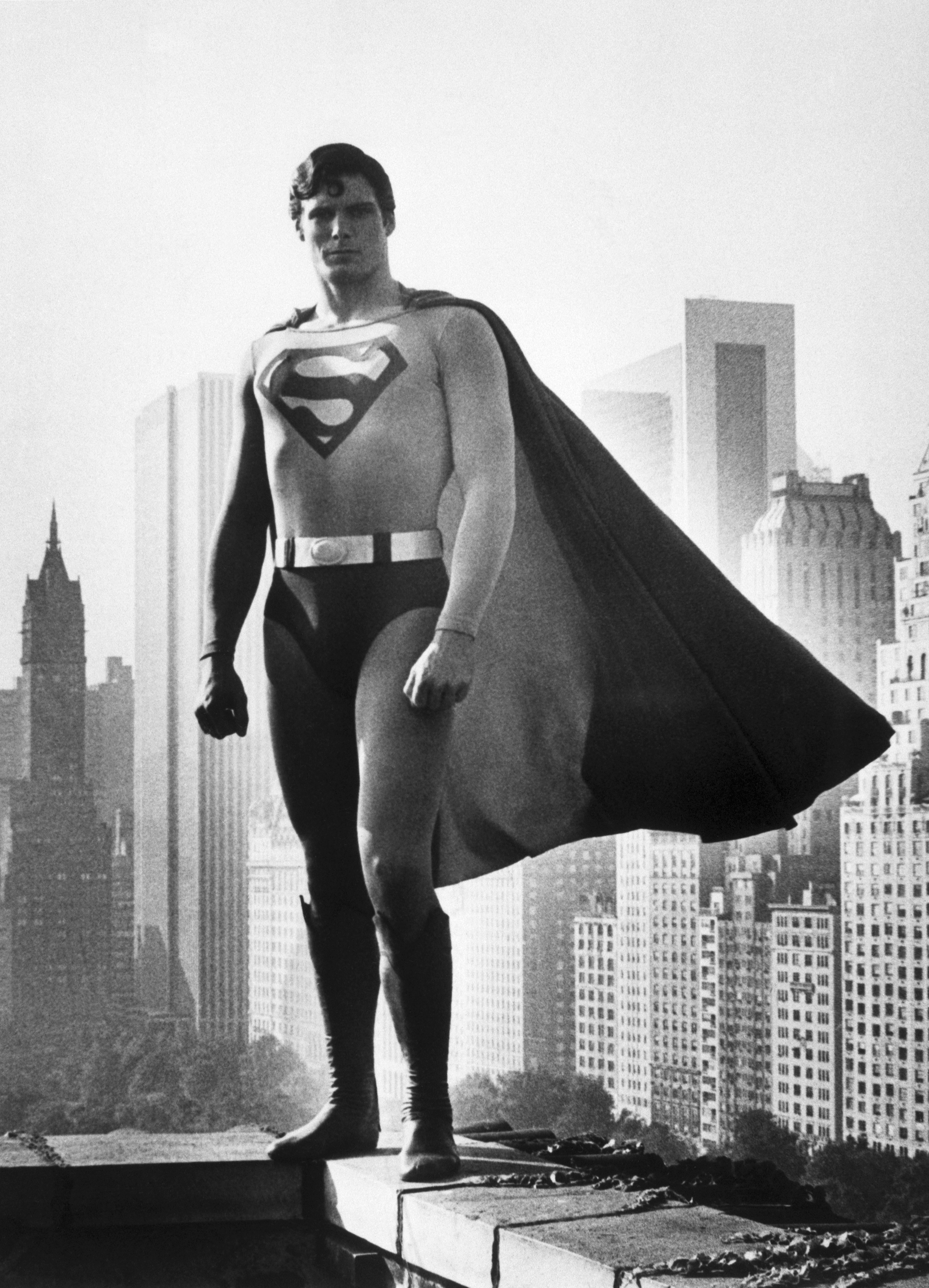
His introduction to his future wife came through their mutual connection to the performing arts. One evening, while taking a break, the actor attended a cabaret show and found himself captivated by a performer named Dana Morosini.
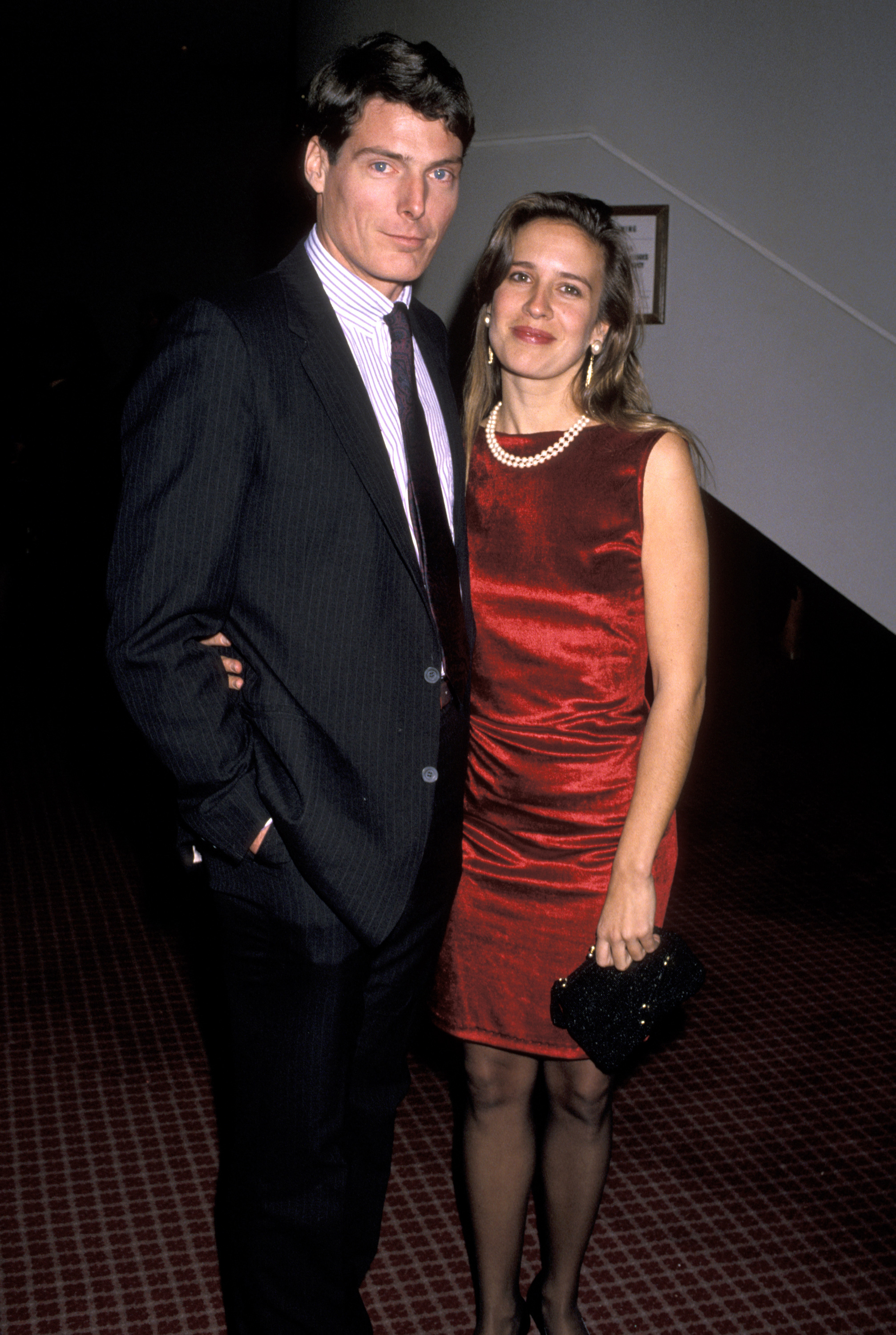
Though winning her heart required some persistence, he eventually succeeded. The couple married in 1992 and later welcomed their son, William Reeve, into their lives that same year.
In 1995, Christopher’s life took a tragic turn when a freak accident during a cross-country horse competition left him paralyzed from the neck down.
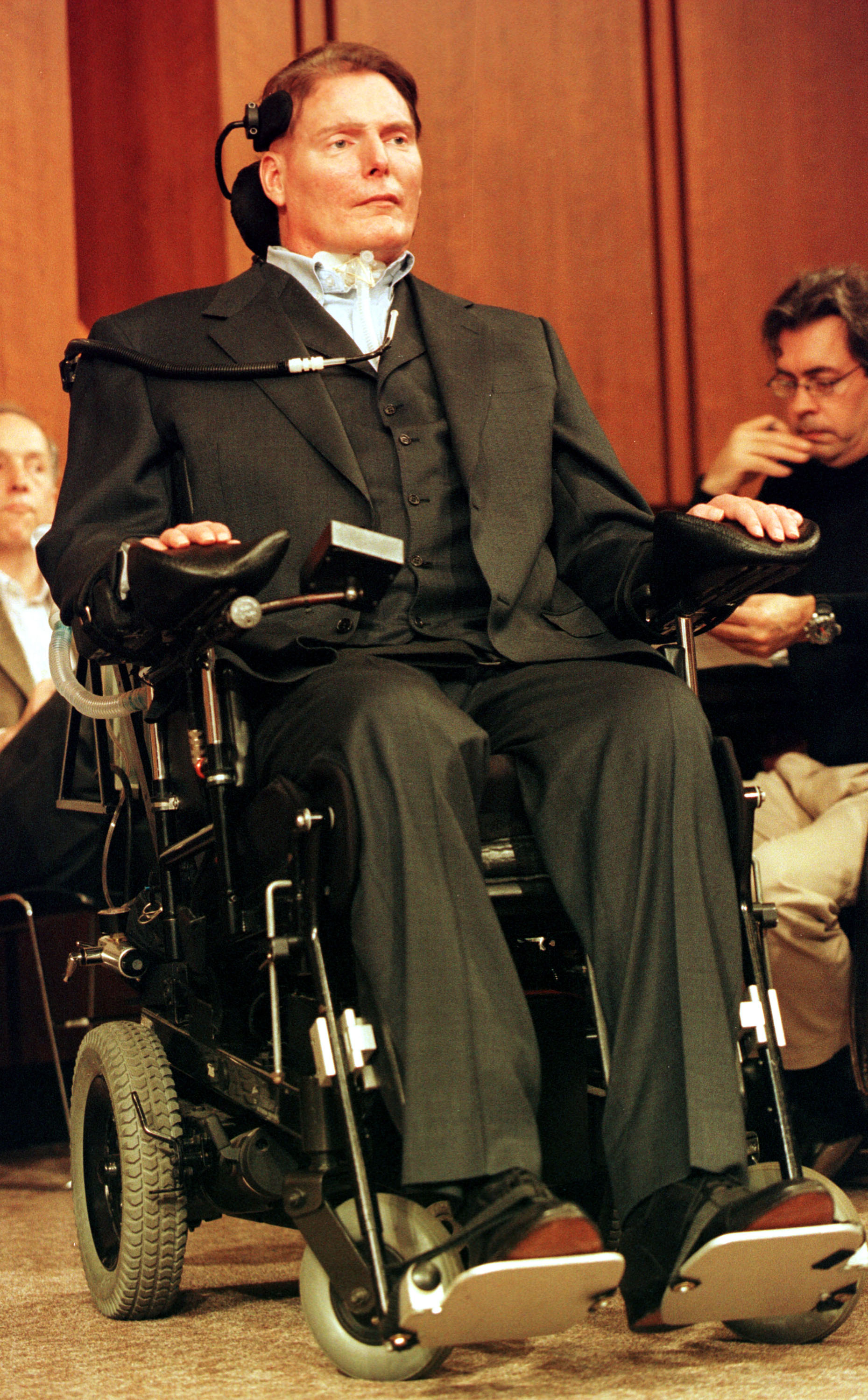
Six years after the accident, in a candid May 2001 interview, Christopher reflected on how his life had changed. He noted that while it was hard to believe six years had passed, the time felt both incredibly long and surprisingly short.
Christopher admitted that he occasionally experienced flashbacks from that fateful day, despite his efforts to avoid dwelling on it. He recounted the moments leading up to the incident, describing it as “a very hot, very humid, very lethargic day.”
The Emmy Award winner also recalled a vague sense that “things weren’t really in the groove” that day. He confessed that he wasn’t fully committed to the competition at the time, and had even preferred the idea of going sailing that weekend.
As time passed, however, Christopher found that each year made it easier for him to come to terms with what had happened. The thoughts of what he could have done differently gradually lost their hold over him.
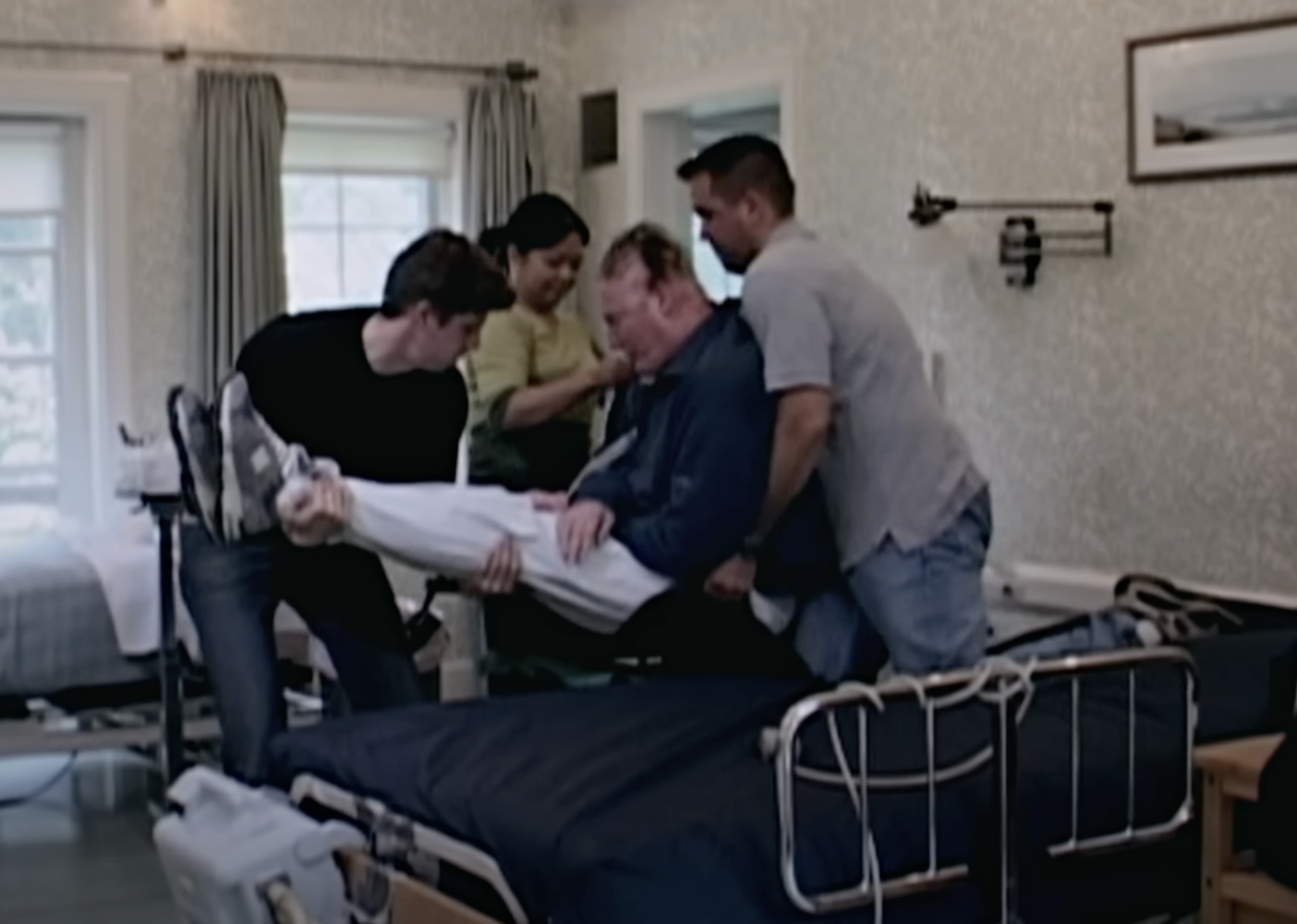
Though he recognized that his injuries might weigh more heavily on him as time went on, Christopher made a conscious decision to move forward and not let those thoughts define his future.
When asked about how the accident impacted his family, Christopher shared that he had faced numerous injuries before but had always managed to survive without long-term consequences.
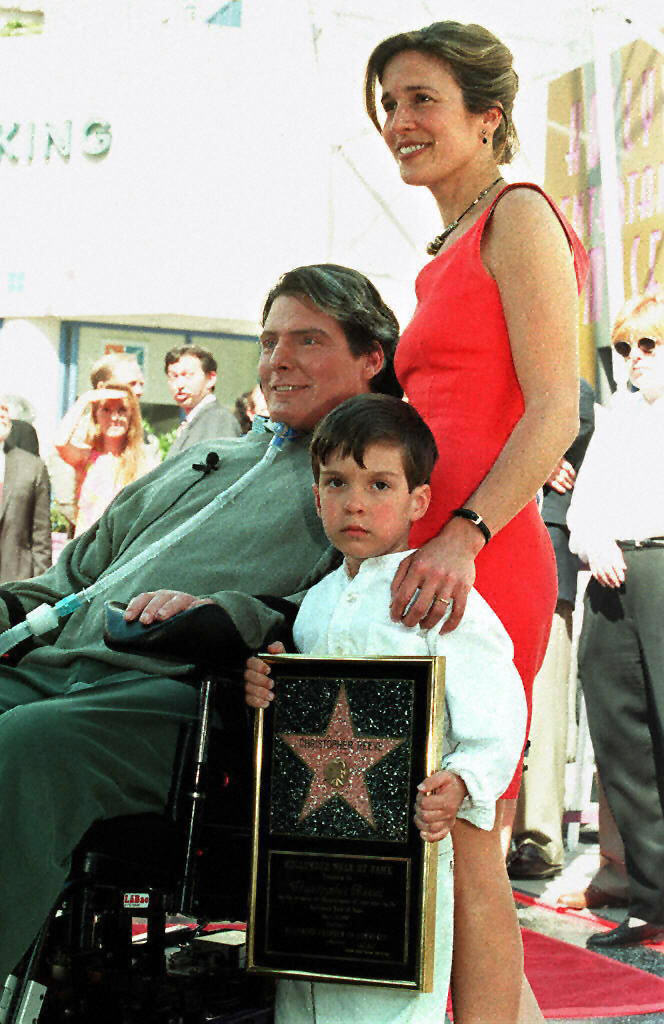
“I remember always thinking I must not injure myself, to ever become incapacitated,” Christopher divulged. However, this time, he realized the profound repercussions his injury had on his loved ones.
He admitted, “I felt very guilty,” acknowledging the burden his condition placed on his wife and children. “It’s okay to make your own mess, as long as it doesn’t get in the way for other people,” he reflected. But in this case, his injuries had undeniably affected those closest to him.
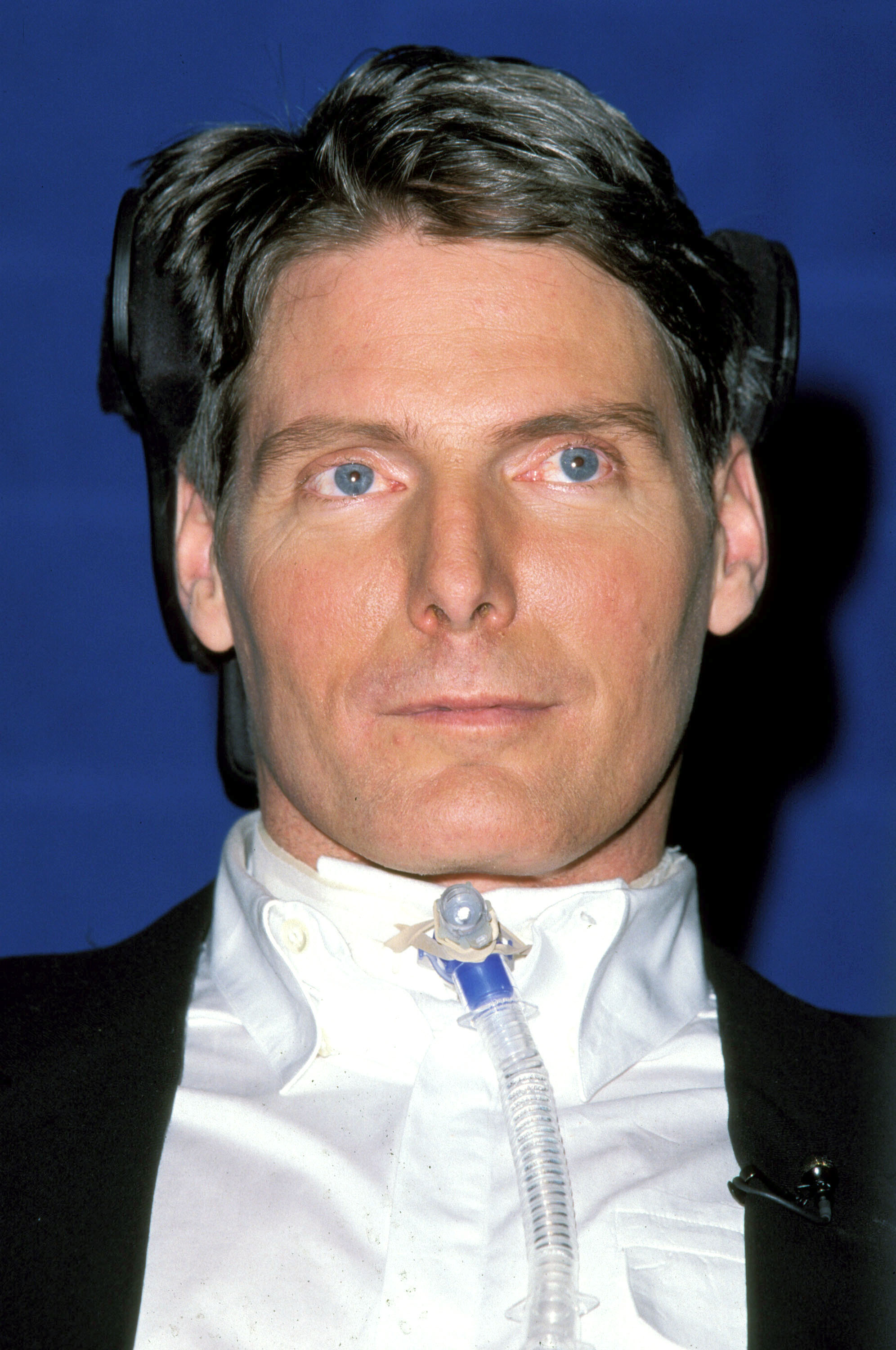
The director asked himself how they were all going to cope as a family and navigate around his condition. “We won’t be able to do all those things we ever did before,” he noted.
Christopher wondered how he would make a living to support his family and felt particularly sad for his two older kids Matthew and Alexandra Reeve from his previous relationship. They were only 15 and 11 when he got injured.

When he awoke in the hospital after the incident, he was overwhelmed with despair and even considered ending his life. In a moment of deep vulnerability, Christopher asked his wife, Dana, if she would let him go. He recounted how, without hesitation, Dana looked him in the eye and said, “‘But you’re still you, and I love you.'”
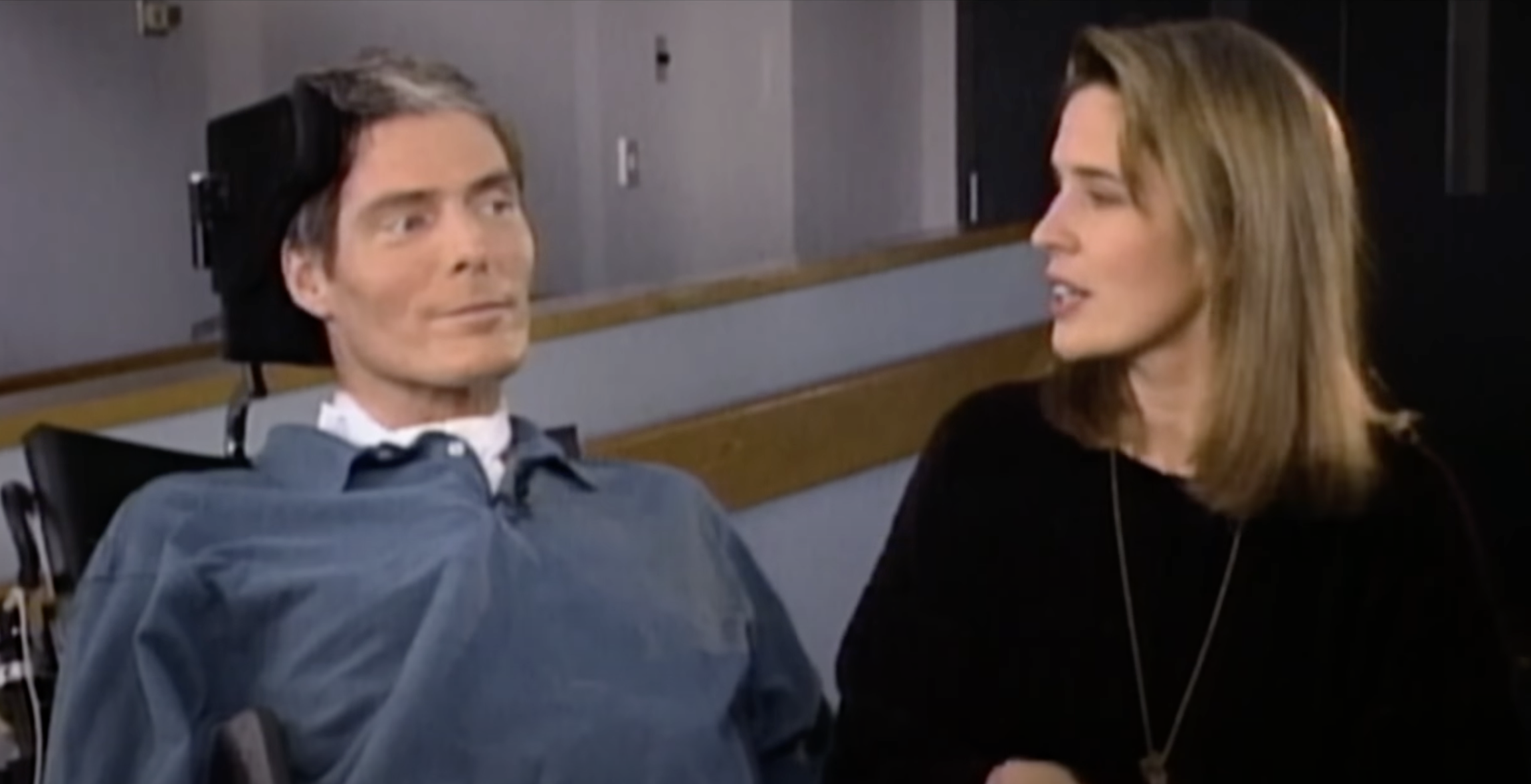
Social media users reacted to this on Instagram with one person writing, “That’s so heartbreaking but the strength she gave him has me in awe.” Another praised Dana, saying, “That is an amazing woman,” while someone else expressed, “What a sad story.”

The singer’s unwavering love and support became a pivotal moment for Christopher, inspiring him to commit to the goal of walking again. Her powerful words also inspired the title of her husband’s book, “Still Me.” This profound support shifted his perspective, helping him see reasons to carry on despite his injury.
Xem bài viết này trên Instagram
Christopher acknowledged that after such a life-changing event, it’s common to feel diminished, but he emphasized the importance of perseverance.
He compared the progress in spinal cord injury research to the advancements made in the fight against AIDS, noting that with dedication, seemingly impossible challenges can be overcome.
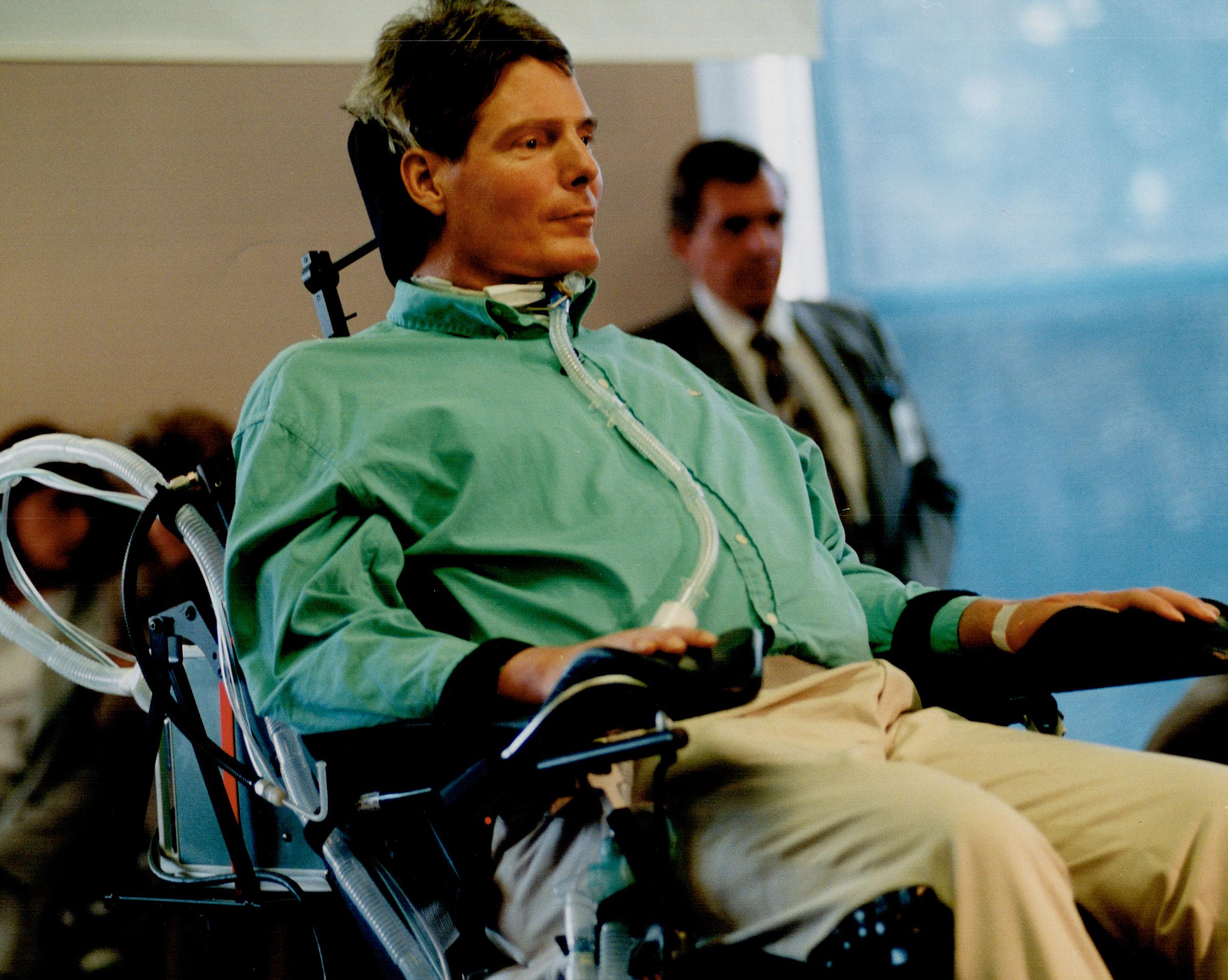
The author encouraged others not to give up, as there are always breakthroughs on the horizon. He also discussed the aftermath of his accident, describing how individuals face a choice after the initial shock and grief: either to succumb to despair or to harness their resources to make a positive impact.
For Christopher, this choice was clear—he chose to fight against the physical and emotional challenges, driven by his competitive spirit to combat the effects of his condition.
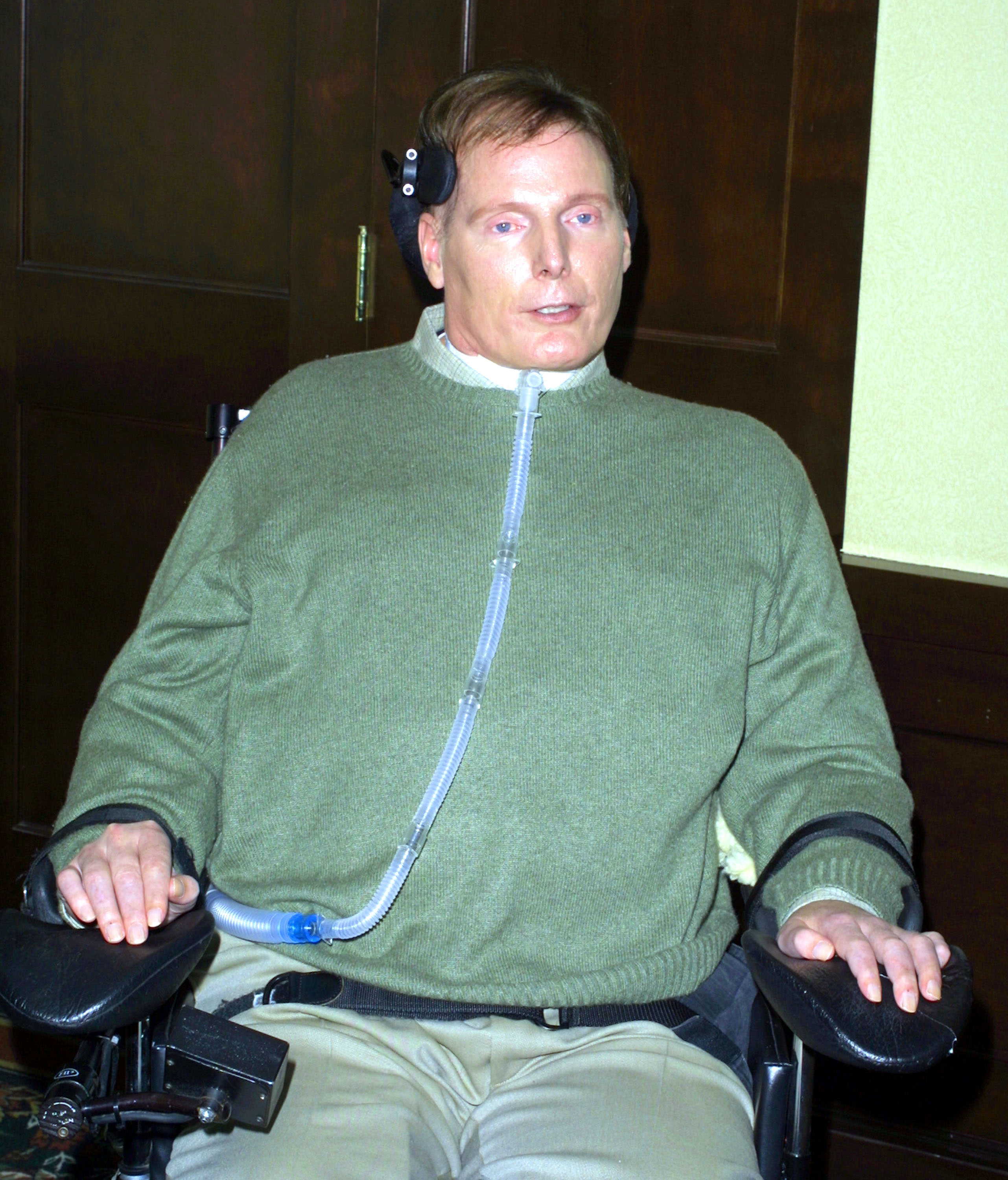
Christopher shared that during the three years following his accident, he never had a dream where he was in a wheelchair. Each morning, it took him a few moments to adjust, only to be reminded that he couldn’t move his arms or legs.
It often took five to ten minutes for reality to set in. In his dreams, however, he still found himself doing all the activities he once enjoyed—sailing, riding, traveling, and acting on stage. His mind continued to cling to the memories of when he was able-bodied.
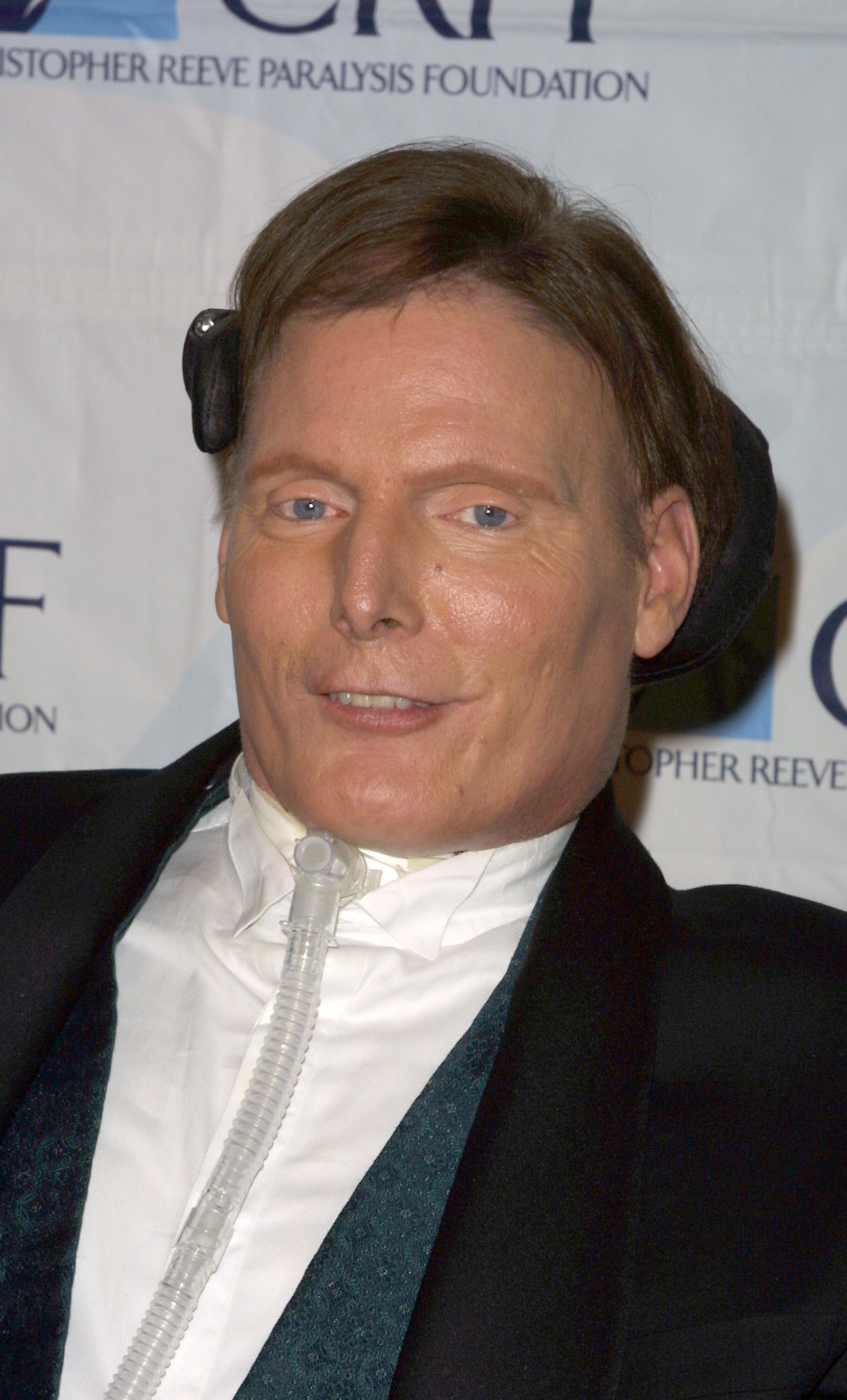
After his accident, Christopher became increasingly involved in advocating for people with disabilities, although he did not see himself strictly as a spokesperson.
While acknowledging that the media often portrayed him as an advocate, the BAFTA Award winner clarified that his focus was primarily on conditions affecting the central nervous system, such as spinal cord injuries, Multiple Sclerosis, Parkinson’s Disease, stroke, and Alzheimer’s.
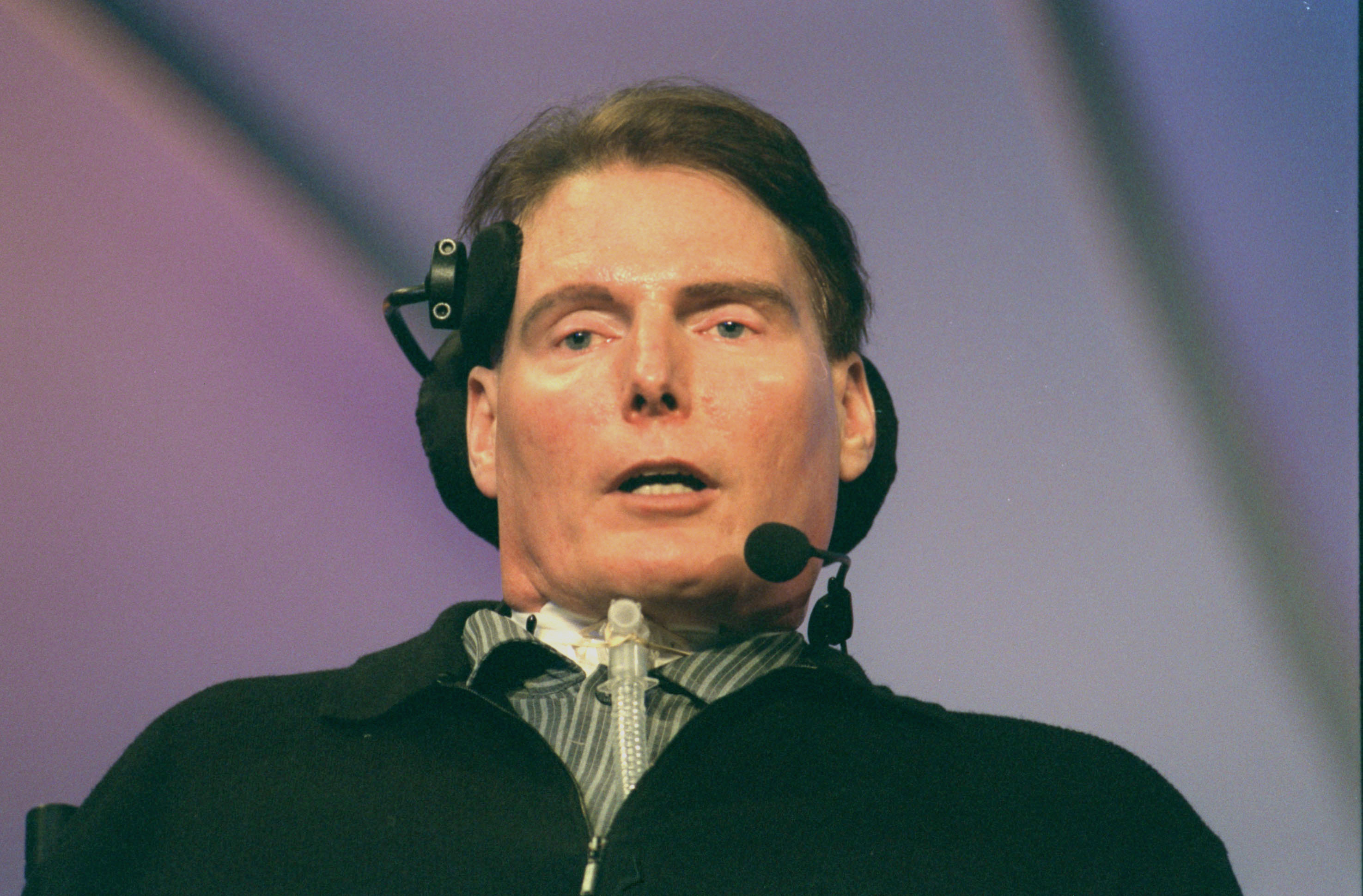
He emphasized that he couldn’t represent all disabilities due to his limited knowledge outside these areas. However, he was committed to raising awareness, as demonstrated by his efforts to secure a two-hour primetime television special that highlighted spinal cord injuries and showcased disabled performers.

The actor also expressed that, like any public figure, he was aware of differing opinions regarding his work. He believed that every individual, including those with disabilities, had the right to direct their energies where they saw fit, even if others disagreed with their approach.
Sadly, Christopher Reeve passed away in October 2004 due to an infection. A year later, his wife Dana Reeve revealed that she had been diagnosed with inoperable lung cancer. She also passed away, two years later, in March 2006.

